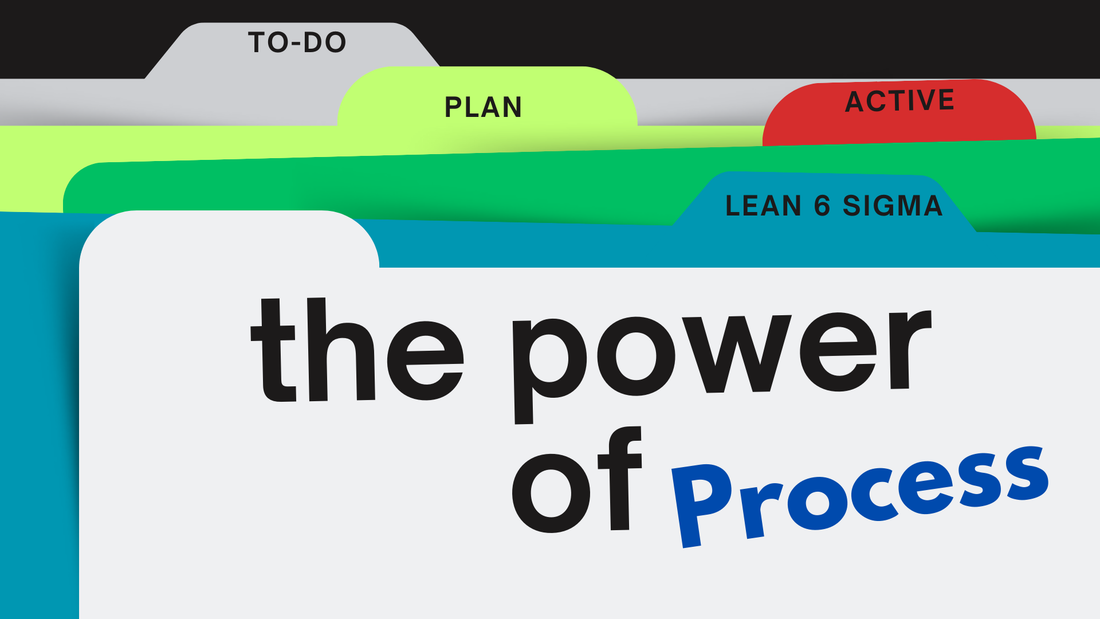
The Power of a Process Consultant: Driving Clarity, Efficiency, and Growth
Share
In every organization—whether small or large, traditional or innovative—success depends on one common factor: processes. Processes determine how work flows, how decisions are made, and how effectively people collaborate.
When processes are broken, businesses struggle. Deadlines are missed, costs escalate, and opportunities slip away. That’s where a Process Consultant steps in.
What Is a Process Consultant?
A Process Consultant is not just a problem-solver. They are a partner that helps organizations step back, analyze their processes, and redesign workflows for greater efficiency and alignment.
Rather than focusing only on outcomes, a process consultant digs into the system behind the outcomes. They ask:
- Are the proper steps in place?
- Do people understand their roles?
- Are decisions flowing smoothly, or getting stuck in bottlenecks?
- Are tools and technologies supporting the team, or slowing them down?
Why Organizations Need a Process Consultant
Every business has smart people and ambitious goals. Yet, many still struggle with:
- Repeated mistakes and miscommunication
- Overdependence on individuals instead of systems
- Long approval cycles and wasted resources
- Lack of clarity on accountability and ownership
A process consultant brings clarity, structure, and discipline into the organization so that people spend less time fighting fires and more time creating value.
The Core Value a Process Consultant Provides
1. Clarity in Roles and Responsibilities
By mapping workflows and responsibilities, a process consultant eliminates confusion. Everyone knows who does what, when, and how.
2. Efficiency in Workflows
They streamline tasks by cutting out unnecessary steps and automating where possible—the result: faster delivery and reduced costs.
3. Alignment with Strategy
Processes are designed not just to complete tasks but to serve the bigger picture—helping the business achieve its long-term goals.
4. Change and Adaptability
A process consultant helps organizations embrace change. By introducing flexible frameworks, teams can adapt quickly to new markets, regulations, or technologies.
5. Culture of Continuous Improvement
Rather than “one-time fixes,” the consultant fosters a mindset of ongoing process evaluation and improvement, ensuring the organization keeps evolving.
How Process Consulting Works
- Diagnosis – Analyzing the current state of workflows and identifying gaps.
- Design – Redefining processes to improve efficiency, communication, and results.
- Implementation – Supporting teams in adopting new methods and tools.
- Coaching – Training leaders and staff to sustain the new processes.
- Monitoring – Establishing KPIs and feedback loops for continuous growth.
The Bottom Line
A Process Consultant isn’t just someone who advises from the sidelines. They are architects of clarity and efficiency—helping businesses of all kinds transform confusion into structure, waste into efficiency, and potential into performance.
In today’s competitive world, success isn’t only about what you achieve—it’s about how you achieve it. And that “how” is precisely where process consulting makes the difference.
